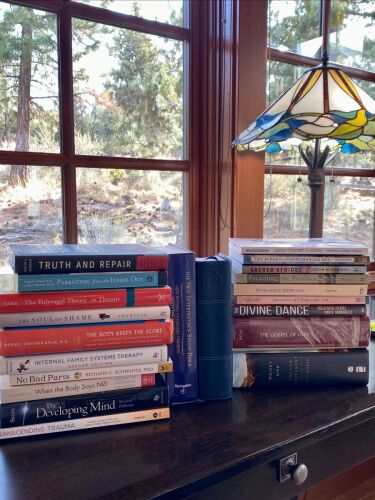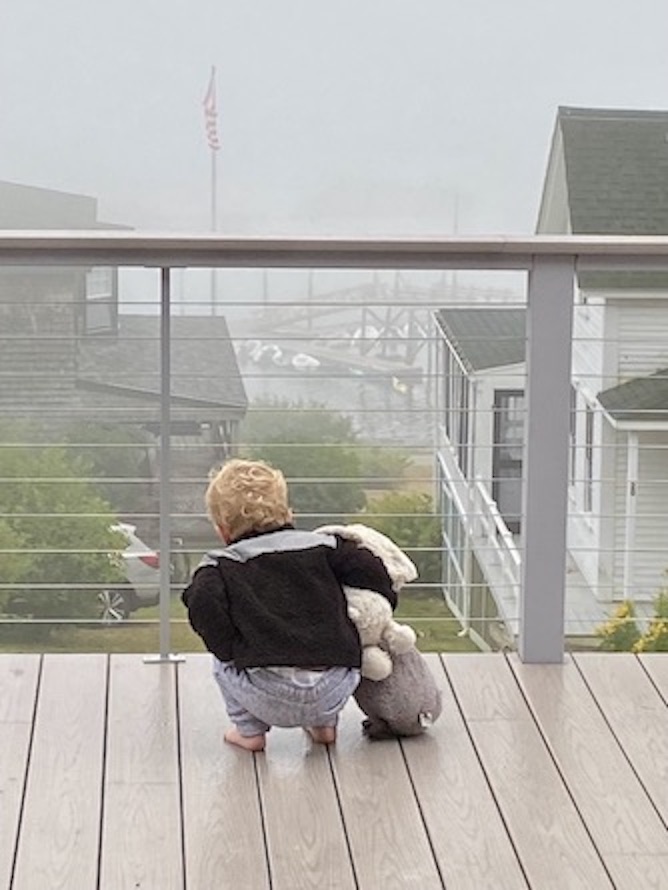 How do you feel about being wrong?
How do you feel about being wrong?
I’m guessing it’s your favorite thing! Who doesn’t love the flush of shame, feeling like someone punched you in the gut, and hours of repetitively revisiting the moment someone caught you making a mistake?
For most of us, it feels awful, so protective parts of us use a variety of strategies to avoid it. They prompt us to double-check our work and monitor our words. Seeking the safety of being an insider, they move us toward majority opinions, sometimes at the expense of our intuition. They proactively criticize us so others can’t catch us making an error.
Another pervasive protective strategy is asserting “certainty.”
Certainty feels safe, and our protectors are committed to safety.
It bypasses unknowns and uncomfortable mysteries. It feels solid in the face of destabilizing information that challenges cherished beliefs.
But our protectors don’t know that certainty offers a kind of safety that’s illusory; in many areas of knowledge, what is unquestionable today will be challenged or overturned tomorrow.
Beyond the likelihood that we will be buffeted by confusion and doubt when closely held certainties come into question, there is a greater risk in allowing our protectors to shield us from mystery and doubt.
Philosophical and psychological explorations of humanity show that, as Kathryn Schulz writes in Being Wrong: Adventures in the Margin of Error, “certainty is lethal to two of our most redeeming and humane qualities, imagination and empathy.”
A protective desire for certainty blocks imagination and empathy, two of the God-given resources that are essential for connection.
Schulz insightfully notes, “Imagination is what enables us to conceive of and enjoy stories other than our own, and empathy is the act of taking other people’s stories seriously.”
When the protective desire for certainty leads our internal family, instead of listening with curiosity and compassion, parts of us interpret the story of someone’s struggle as the result of their mistakes, “wrong” beliefs, or lack of “discipline.” These parts block our hearts and build walls; when they lead, we turn away from vulnerability as though it’s contagious.
And we do not just miss others’ stories. We miss our own.
We miss the stories held by parts of us who are buried under layers of protection. They deserve our compassion and curiosity.
To show up for them and meet their needs, we must befriend the protectors who think that certainty is our only safe harbor. Let’s let them in on a secret Kathryn Schulz discovered in her exhaustive review of being wrong:
“However disorienting, difficult, or humbling our mistakes might be, it is ultimately wrongness, not rightness, that can teach us who we are.”
When have you been wrong recently?
What if your cringe-worthy mistake is an opportunity to learn more about your story?
Embracing all parts of yourself and offering them a sacred space for connection transforms a stumble into a step forward in your healing journey.




Leave A Comment